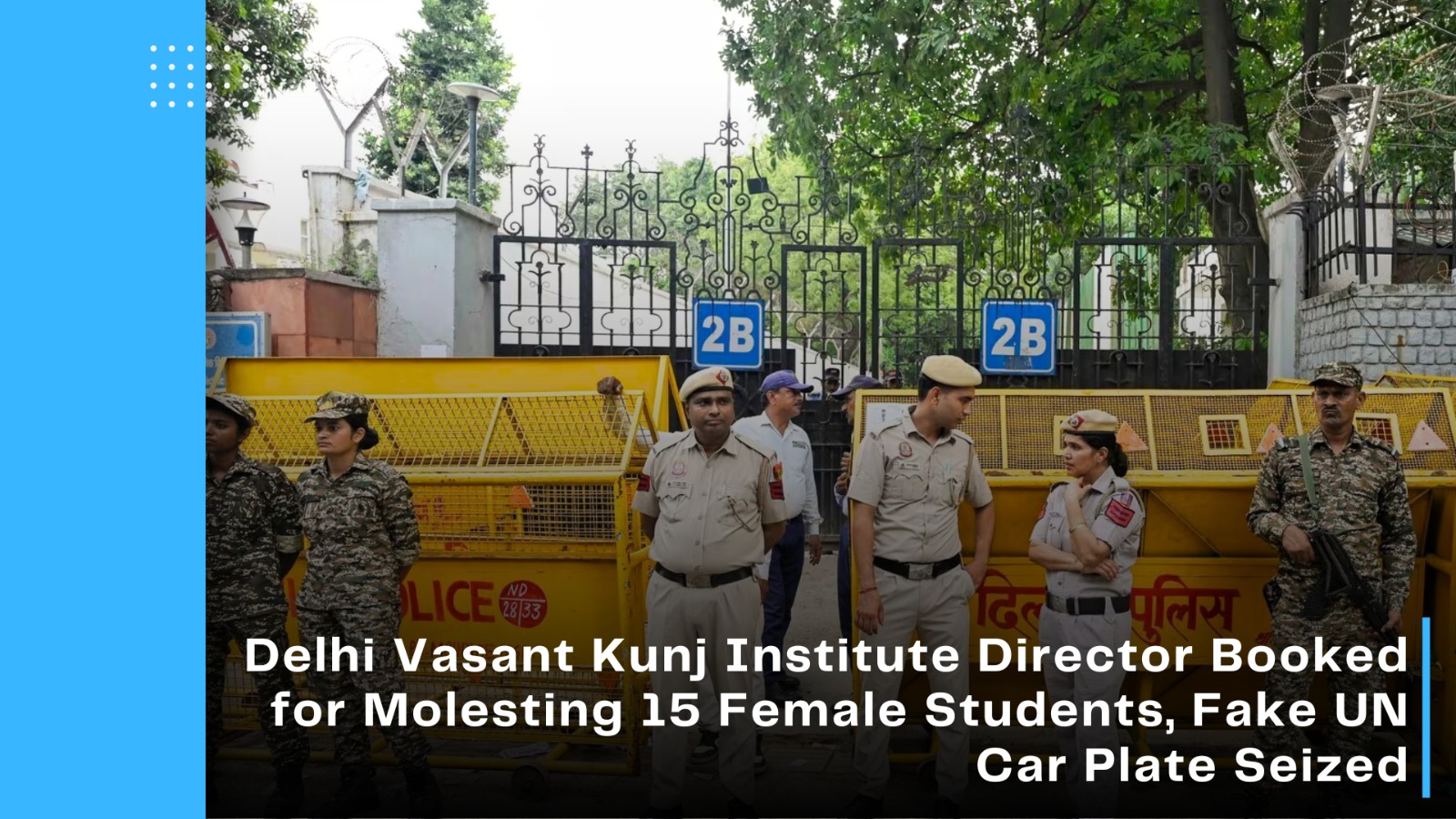Women Entrepreneurs in IndiaÔÇÖs Emerging Cities
In IndiaÔÇÖs tier-II cities, women entrepreneurs are forging new paths to success, but they face significant challenges in accessing credit and financial knowledge. The Tide India report reveals a credit gap and a lack of awareness about government schemes designed to support women-owned businesses. Addressing these issues through financial literacy programs and peer support networks is crucial for empowering these entrepreneurs and unlocking their full potential.

In the bustling tier-II cities of India, a new paradigm of entrepreneurial success is emerging, led by women who are breaking barriers and setting new benchmarks. The recent Tide India report sheds light on the pivotal role that financial acumen and collective support play in this transformative journey.
The “Women Aspiration Index,” a novel metric introduced by the report, casts a spotlight on the unique hurdles and prospects encountered by female proprietors. A notable finding reveals that while a majority have credit access, a parallel segment faces substantial obstacles in funding acquisition. This disparity underscores a broader issue: a profound lack of financial literacy. Alarmingly, an overwhelming 95% of those surveyed are oblivious to the governmental aids available to them.
This information void steers numerous women business leaders towards unregulated financial avenues, which often impose exorbitant costs and stringent conditions. Gurjodhpal Singh, the visionary at the helm of Tide India, stresses the urgency of closing this knowledge chasm. He advocates for the dissemination of exhaustive details regarding state-backed programs, which can pivot women towards formal credit channels. Furthermore, Singh champions the creation of financial instruments, meticulously crafted to align with the unique demands of women-led enterprises, such as adaptable repayment schemes and minimal collateral prerequisites.
The empowerment of women entrepreneurs in India’s burgeoning cities necessitates a dual-faceted strategy: enhancing financial literacy and cultivating a nurturing network. State bodies and fiscal institutions are instrumental in demystifying the labyrinth of financial support mechanisms. Concurrently, the solidarity found within peer networks is invaluable. These collectives serve as a wellspring of shared wisdom, mentorship, and collective problem-solving, propelling women entrepreneurs towards triumph over adversity.
Conclusion: The journey of women entrepreneurs in India’s tier-II cities is marked by resilience and ambition. However, to truly flourish, they require the tools and knowledge to navigate the financial landscape effectively. By bridging the financial literacy gap and fostering robust peer networks, we can create a supportive ecosystem that not only nurtures individual businesses but also contributes to the broader economic fabric of the nation. It is through such concerted efforts that the aspirations of women entrepreneurs will be realized, heralding a future of inclusive prosperity and innovation.




































Comments (0)